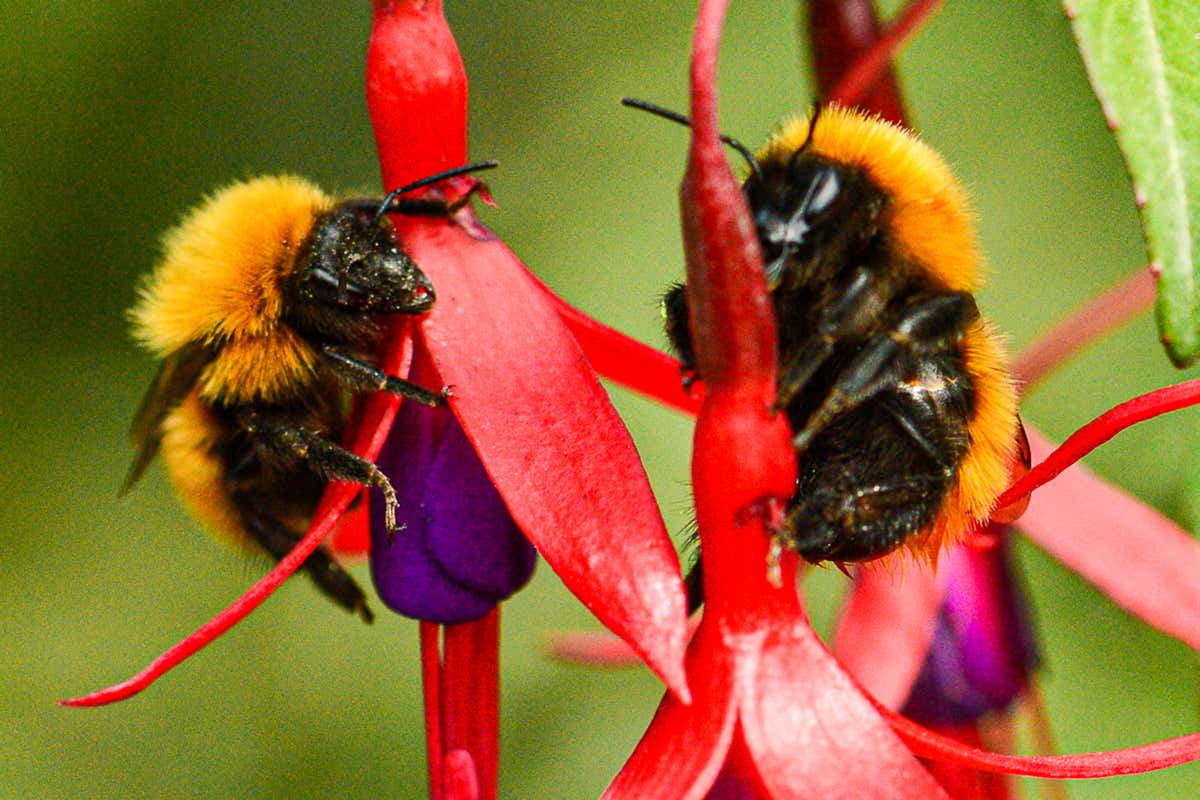They found that there were a quarter fewer species reported between 2006 and 2015, as compared with the records we have from before 1990.
The decline is especially alarming considering the number of bee records in this database has increased by around 55 per cent since 2000, so it isn’t down to a lack of observations.
It may not necessarily mean unrecorded bee species are extinct, but they are now rare enough that people who tend to report bee sightings aren’t encountering them.
The destruction of natural habitats, heavy use of pesticides and climate change could explain this decline in species richness, says Zattara.
“We are producing more food to feed our growing population,” says Zattara. “[We are] using highly economically convenient ways to grow single-culture crops, which is removing a lot of the bees’ natural habitat.”



deleted by creator
This is all so tragic how we have been destroying the livelihoods of these busy workers who are freely without asking for much are helping us out and doing crucial tasks.
Also this reminded me of this long-term study done in Germany on the general biomass of flying insects and the results were just shocking. Here is an article on that.
The important parts:
spoiler
We are destroying our very foundations necessary to even survive.
But at least not to make this all doomer like, there is an effort to somewhat reverse the course of events:
The same phenomenon is what's already affecting agricultural yields in some areas, too - hard to grow food reliably when it becomes very hot then everything refreezes a week later, regularly. And it's gonna get worse.
People sometimes think a warming of, say, 3C is OK - "we'll just grow more hardy plants, 3C is not that much". But 3C of mean warming over the whole planets means absolutely crazy temperature swings locally. We're at 1.1C and some more sensitive areas - such as the north pole - already see some swings of like +20C for days.